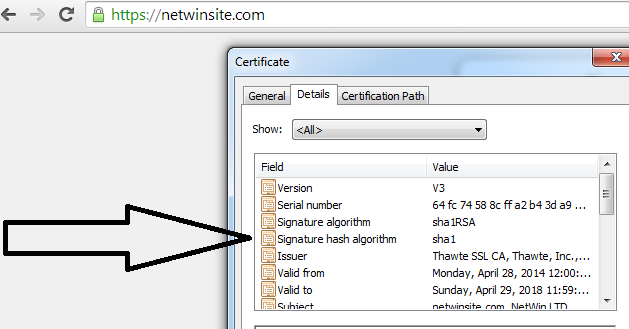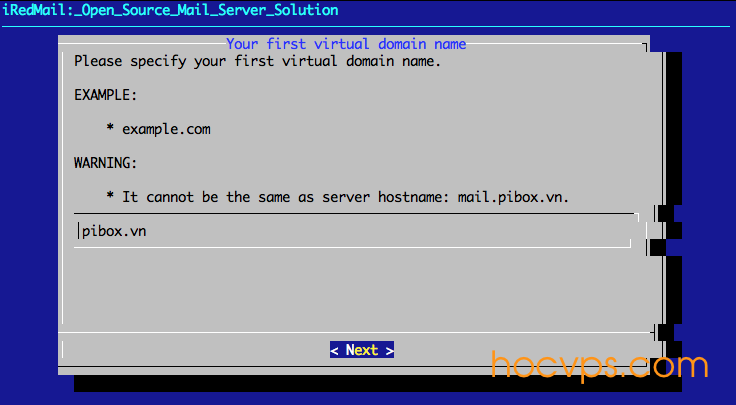

The access mode can be one of the following: user, domadmin, or admin, createonly, none. The field is what is sent to the authent_process. The name defines what appears in the web management display. Each piece of information is given a name, a field, an access mode, a default and a type.

Syntax: g_authent_fwdfile bool g_authent_info - Authent infoĭefines a piece of information to store about the user in the user database (phone number, name, address etc). Syntax: g_authent_enforce int g_authent_fwdfile - Use DMail forward files (deprecated - for backward compatibility only)Īllows old style DMail forward files to be read. This setting will annoy your customers but not really achieve anything useful, it shouldn't be used in most situations
SURGEMAIL CANT FIND VIRTUAL DOMAIN PASSWORD
Syntax: g_authent_encrypt_key string g_authent_enforce - Days till we prevent user from logging in, NOT RECOMMENDEDĭays until we block logins if password is not changed. Not for general use currently, used to partially obscure credit card info when stored in the authent module. Syntax: g_authent_domain bool g_authent_encrypt_key - Encryption key config settings As a general rule, this should ALWAYS be true. This lets the authent process deal with virtual domains. If this is 'true', the virtual domain name is appended to the username before it is passed to the authent process. Syntax: g_authent_decrypt bool g_authent_domain - Authent domain This setting should only be used as part of a migration, it obviously exposes your customers passwords to risk!. Syntax: g_authent_case_sensitive bool g_authent_decrypt - Collect and store plain text passwords for migration in file crypted

Syntax: g_authent_cachesize int g_authent_case_sensitive - Make passwords case sensitiveīy default surgemail avoids case sensitive passwords as they do little to increase security but causes endless frustration for users, but this is just an opinion and some people disagree so use this setting if you wish to have case sensitive passwords :-). Set the size of the authent cache, default is 500 entries. Syntax: g_authent_cachelife int g_authent_cachesize - Size of the authent cache Set the life in seconds that successful cached lookups can be used, default 2 hours. Syntax: g_authent_cachebad int g_authent_cachelife - Cache life of successful authent lookups Best left alone unless your server is being hit by thousands of failed lookups and your authent module is slow. Set the life in seconds that the cached failed lookups can be used, default 60 seconds. Syntax: g_authent_any bool g_authent_cachebad - Cache life of failed authent lookups Previously surgemail would lookup a user even if the domain in question did not exist, if you need to restore this odd behaviour then you can use this setting. Syntax: g_authent_always bool g_authent_any - Restore buggy behaviour of looking up users in domains that don't exist Be careful to not create/remove real domains with the same name as existing domains that only exist in the authent database as the 'drop files/inboxes' will move when this occurs and existing mail will vanish. This allows you to support 10,000 domains on one system without a 'huge' ini file. Syntax: g_authent_allow_badascii bool g_authent_always - Always lookup user, so virtual domains can exist just in authent moduleĪlways lookup user, so virtual domains can exist just in authent module.

If you require these characters set this to TRUE.


 0 kommentar(er)
0 kommentar(er)
